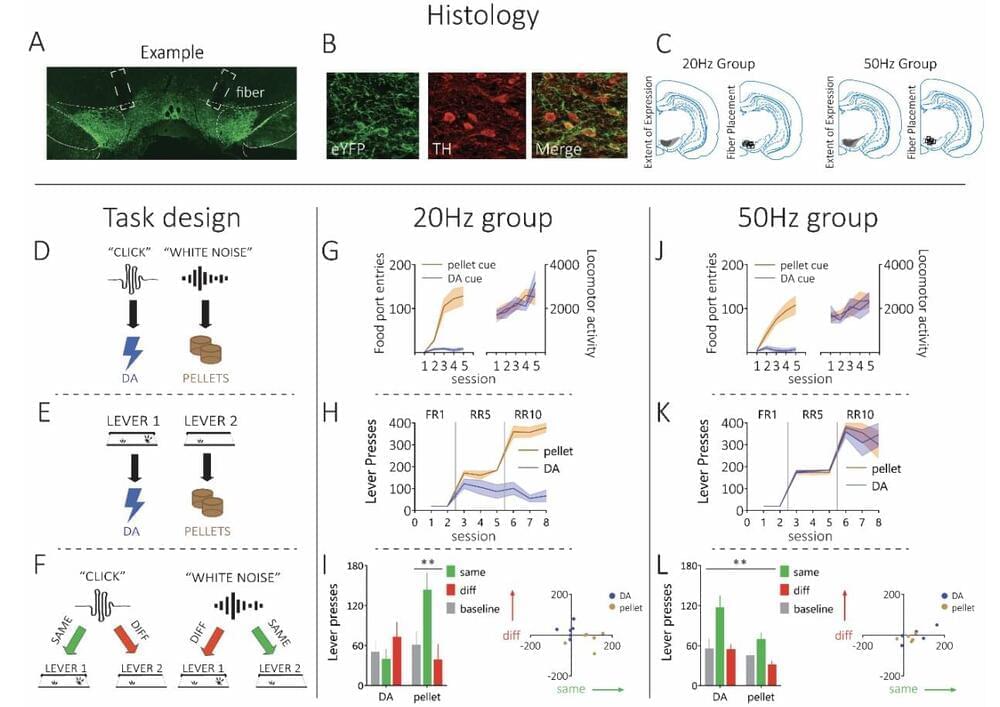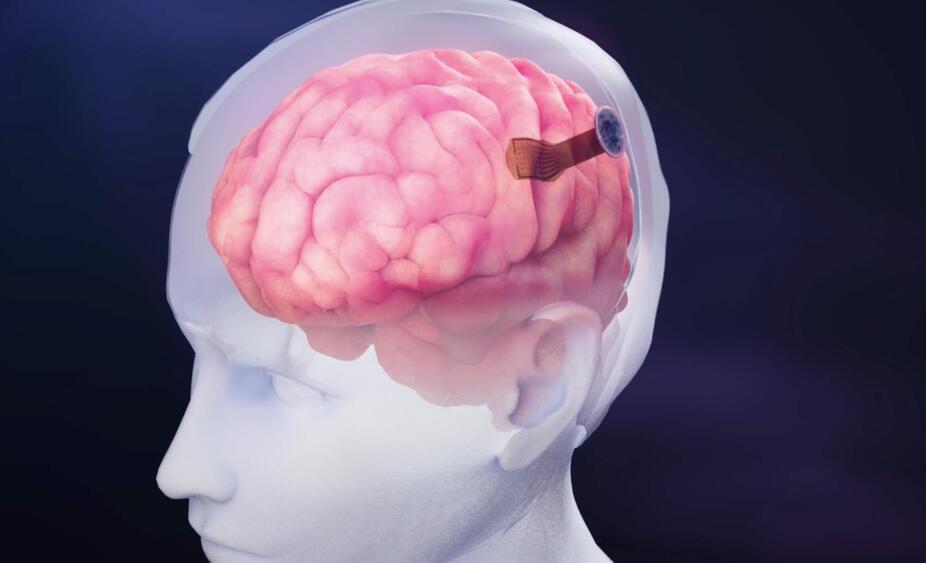Nick Lane discusses the emergence of consciousness as a result of mitochondrial action. Might consciousness arise from magnetic fields?Watch the full talk at…
Category: neuroscience – Page 458

Brain Battles: How Stress Wipes Out Your Cognitive Reserve
Mentally stimulating activities and life experiences can improve cognition in memory clinic patients, but stress undermines this beneficial relationship. This is according to a new study from Karolinska Institutet published in Alzheimer’s & Dementia: The Journal of the Alzheimer’s Association.
In the late 1980s, researchers discovered that some individuals who showed no apparent symptoms of dementia during their lifetime had brain changes consistent with an advanced stage of Alzheimer’s disease. Since then it has been postulated that so-called cognitive reserve might account for this differential protective effect in individuals.
Cognitively stimulating and enriching life experiences and behaviors such as higher educational attainment, complex jobs, continued physical and leisure activities, and healthy social interactions help build cognitive reserve. However, high or persistent stress levels are associated with reduced social interactions, impaired ability to engage in leisure and physical activities, and an increased risk of dementia.


New Study Unveils Serotonin’s Key Role in Fertility and Depression
Scientists from Nagoya University in Japan have identified the role of serotonin neurons in linking glucose availability to reproductive health. Their research demonstrates how elevated glucose levels stimulate serotonergic neurons, leading to the release of serotonin, which in turn activates kisspeptin neurons responsible for reproductive hormone release. These findings explain why poor nutrition affects fertility and suggest potential treatments for depression-induced infertility through the use of selective serotonin reuptake inhibitors (SSRIs). Credit: SciTechDaily.com.
Scientists from Nagoya University in Japan have clarified the connection between energy levels and fertility in both animals and humans. They discovered that signaling from serotonin neurons plays a crucial role in maintaining reproductive function by detecting glucose availability, which in turn enhances the release of the reproductive hormone gonadotropin. These findings also offer an explanation for the reduced fertility seen in individuals with depression and suggest potential treatments. The study was published in Scientific Reports.
People who lack sufficient nutrition encounter problems with their reproductive health. For example, ballet dancers can experience menstrual disruptions, and women who fast can struggle to conceive. According to a new study led by Designated Associate Professor Sho Nakamura and Professors Hiroko Tsukamura and Satoshi Ohkura, one of the main factors that affect a person’s reproductive health is glucose availability.

A Neurodevelopmental Disorder Affecting Thousands is Discovered
For decades, the study of genetic disease was focused on genes that code for protein. But scientists have now identified a novel neurodevelopmental disorder that is caused by mutations in a gene that does not code for protein, called RNU4-2. These mutations lead to neurological symptoms that cause cognitive dysfunction, but have not previously been linked together as one disease. These findings have been reported in Nature Medicine.
In this work, the investigators analyzed whole-genome sequencing data from over 5,000 cases of intellectual disability and over 46,000 unaffected individuals. The research focused on unusual variations in the sequences of 41,132 genes that do not code for protein. The research revealed a gene that is apparently a common cause of neurodevleopmental problems. The scientists also determined that these mutations often arise spontaneously, and are not usually inherited from a parent.


A Gene Editing Treatment That Takes Aim at Herpes Infections
It’s estimated that almost half of the world’s population — about 3.7 billion people under the age of 50 — are infected with (HSV-1), which can cause oral herpes. About half a billion people between the ages of 15 and 49 are infected with herpes simplex virus-2 (HSV-2), the cause of genital herpes. There are therapeutics that can eliminate some symptoms of herpes, like blisters, but there is no cure for the infection, and those who are infected can spread the virus to others. Studies have suggested that HSV-1 may increase the risk of dementia, and HSV-2 raises the risk of HIV infection.
Scientists have now developed a gene therapy that can eliminate as much as 90 percent of oral herpes and 97 percent of genital herpes infections in pre-clinical mouse models. The gene therapy also reduced the level of virus that was released from an individual in a mouse model of the infection. These reductions took about one month to be completed, and more of the virus seemed to be eliminated over time. The work has been reported in Nature Communications.
